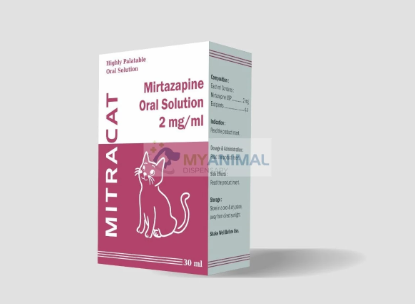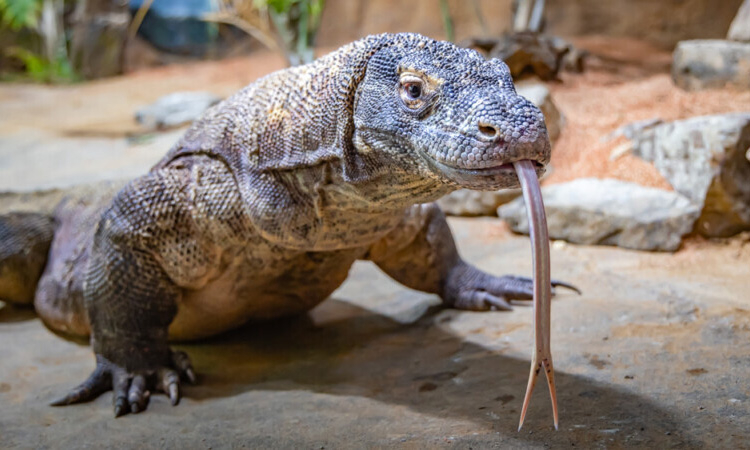Mirtazapine for Cats: What Pet Owners Need to Know
When it comes to our feline friends, ensuring their well-being is a top priority for every pet owner. Mirtazapine, an antidepressant primarily used in humans, has emerged as a helpful treatment for specific health issues in cats, particularly related to appetite and anxiety. Understanding how this medication works and its potential benefits can empower owners to make informed decisions for their beloved pets.
Understanding Mirtazapine
Mirtazapine belongs to a class of medications known as tetracyclic antidepressants. While it’s mainly prescribed to treat depression in humans, veterinarians have discovered that it can also be beneficial for cats, especially those experiencing appetite loss or anxiety. It works by balancing neurotransmitters in the brain, which can help regain a cat’s appetite and reduce feelings of nausea. Moreover, its calming effects can be particularly advantageous for cats facing stressful situations, such as veterinary visits or changes in their environment.
Common Uses in Feline Medicine
Veterinarians often prescribe mirtazapine for cats suffering from various health issues. One of the most common uses is to stimulate appetite in kitties that are recovering from illness or dealing with chronic conditions like kidney disease. Additionally, mirtazapine can help with anxiety-related behaviors during stressful events, such as moving homes or the arrival of new pets. Since some cats might experience side effects, it’s crucial for pet owners to monitor their felines closely and communicate any concerns with their veterinarian for personalized care.
Potential Side Effects and Precautions
Like any medication, mirtazapine can come with side effects. Some cats may experience drowsiness, increased vocalization, or gastrointestinal upset. While most side effects are mild, severe reactions can occur, so it’s essential for pet owners to seek veterinary advice if they notice any unusual behaviors. Furthermore, mirtazapine should not be given to pregnant or nursing cats, and its use should be closely monitored in cats with existing health conditions. As always, consulting with a veterinarian before starting or stopping any medication is crucial for your pet’s safety.
In conclusion, mirtazapine can be a valuable tool for improving the health and happiness of cats facing appetite loss or anxiety. By understanding how it works and its potential benefits and risks, pet owners can make informed choices for their furry companions. If you think your cat might benefit from mirtazapine, don’t hesitate to reach out to your veterinarian for further guidance and support. Your feline friend deserves the best care!




